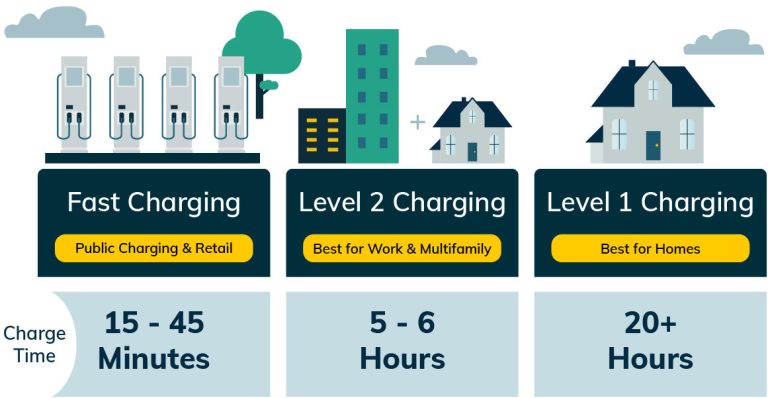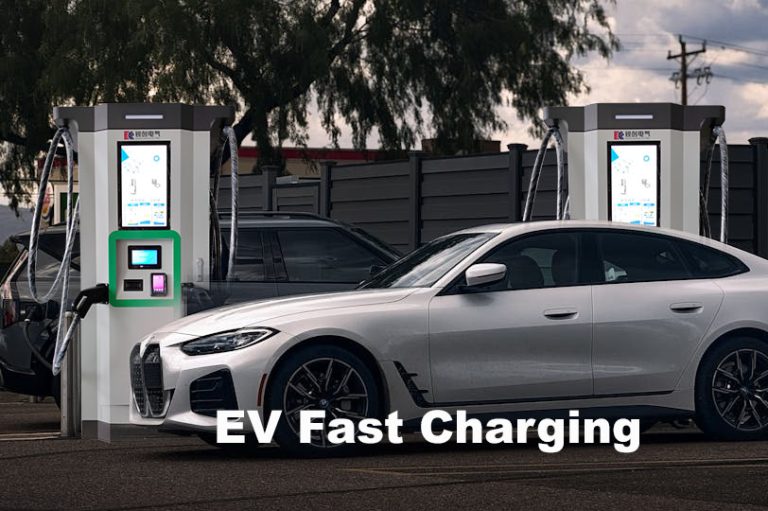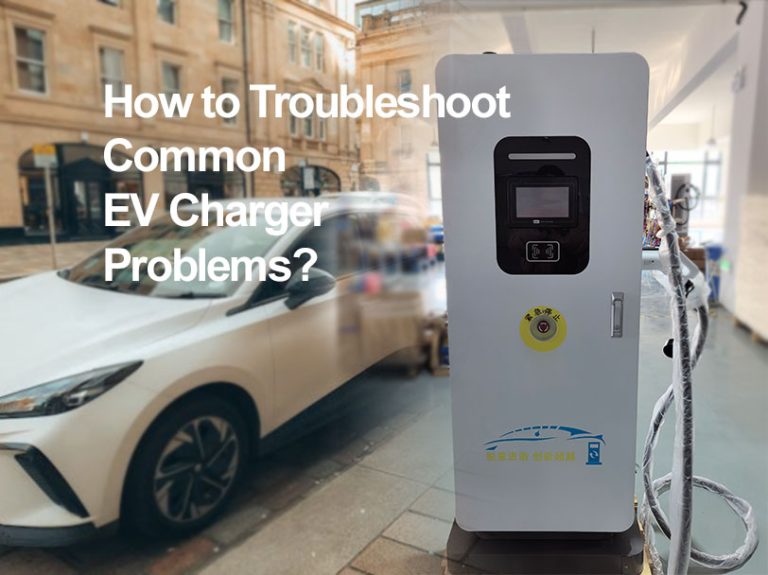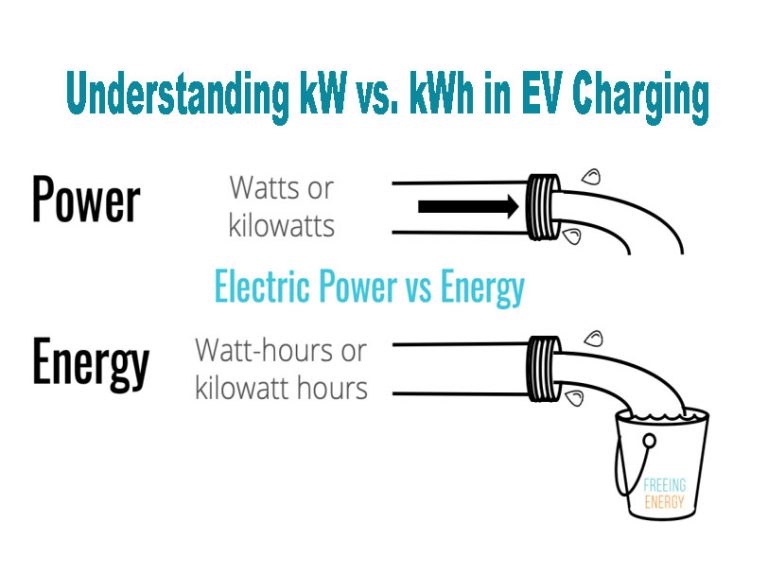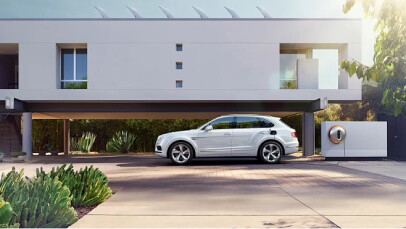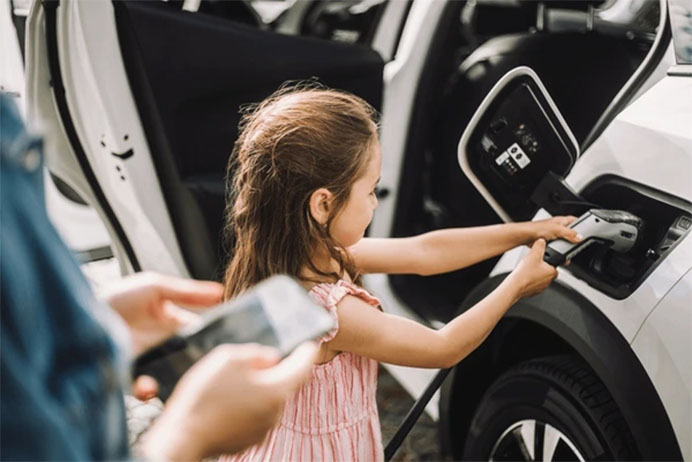EVs (electric vehicles) are becoming increasingly popular due to their eco-friendliness and cost-effectiveness. However, EV owners often face the problem of slow charging speed, which can be frustrating. Let's explore some of the most significant factors determining the charging speed of EVs.
I. Charger type
One of the key factors affecting the charging speed of your EV is the type of charger you are using. EV chargers come in two major types- DC and AC. DC (direct current) fast chargers are currently the fastest available options and can provide charging speeds between 60 to 200 kW. In contrast, AC (alternating current) chargers are slower, with charging speeds ranging from 7 to 22 kW.
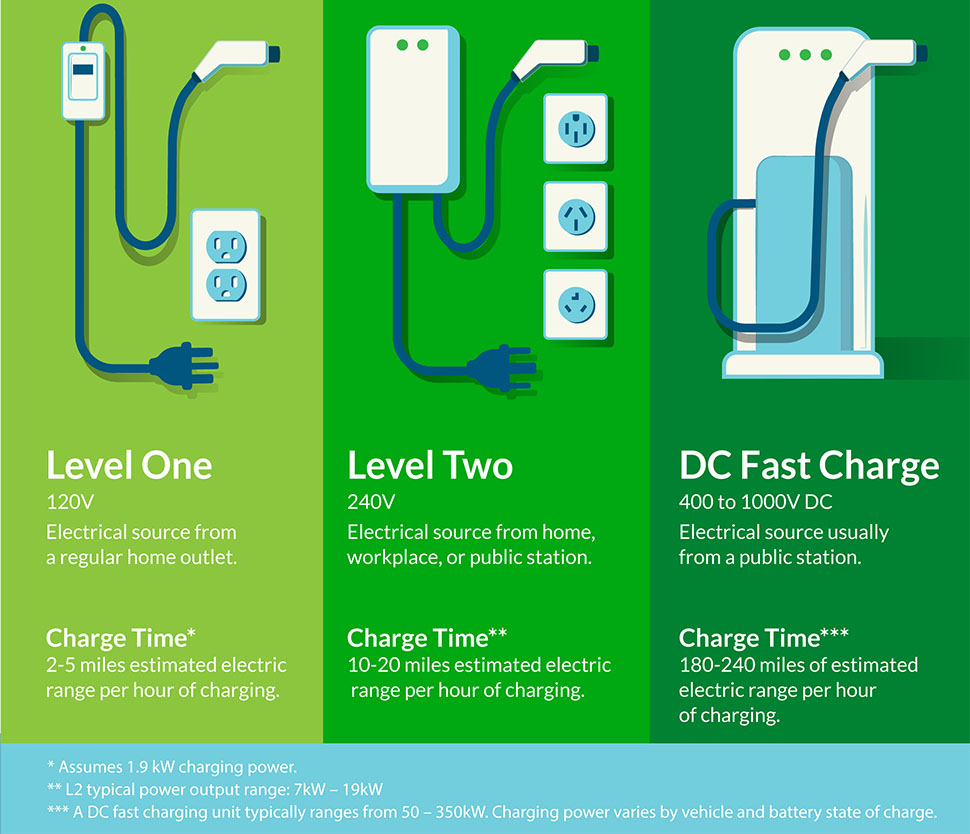
II. Electric Vehicle Limits
What charge rate can your vehicle actually handle? The maximum charge rate that your vehicle’s battery can accept is crucial to understanding the max power you can expect your car to pull at any given charger. So, if your EV’s maximum charge rate is 50kW, the vehicle will not be able to charge any faster than 50kW when using a 150kW chargepoint.
III. State of charge
The State of Charge (SoC) is the percentage of charge your EV’s battery has when you pull up to a charger. EVs draw power at a higher rate when they are between 20% and 80% charge, however when the battery is below 20% and over 80% the charge rate will slow significantly. This is due to the car protecting the battery. Therefore, if arriving at a charger with an already very high SoC, the battery will be slower to pull the additional charge.
IV. Temperature
Temperature is another critical factor influencing EV charging speed. Extremely hot or cold weather conditions can significantly slow down your EV's charging time as it affects the battery's ability to absorb and store the charge.
V. Charging Port and Cable
The cables installed at a charge point can affect the maximum possible charge rate. The cable that delivers the power from the charger to your EV needs to be of a suitable size.
It is essential to consider the type of charger, battery size, state of charge, temperature, and voltage level of the charging station before selecting a charging station. With this knowledge, you can ensure that you choose the right charging station to optimize the charging speed of your EV.


